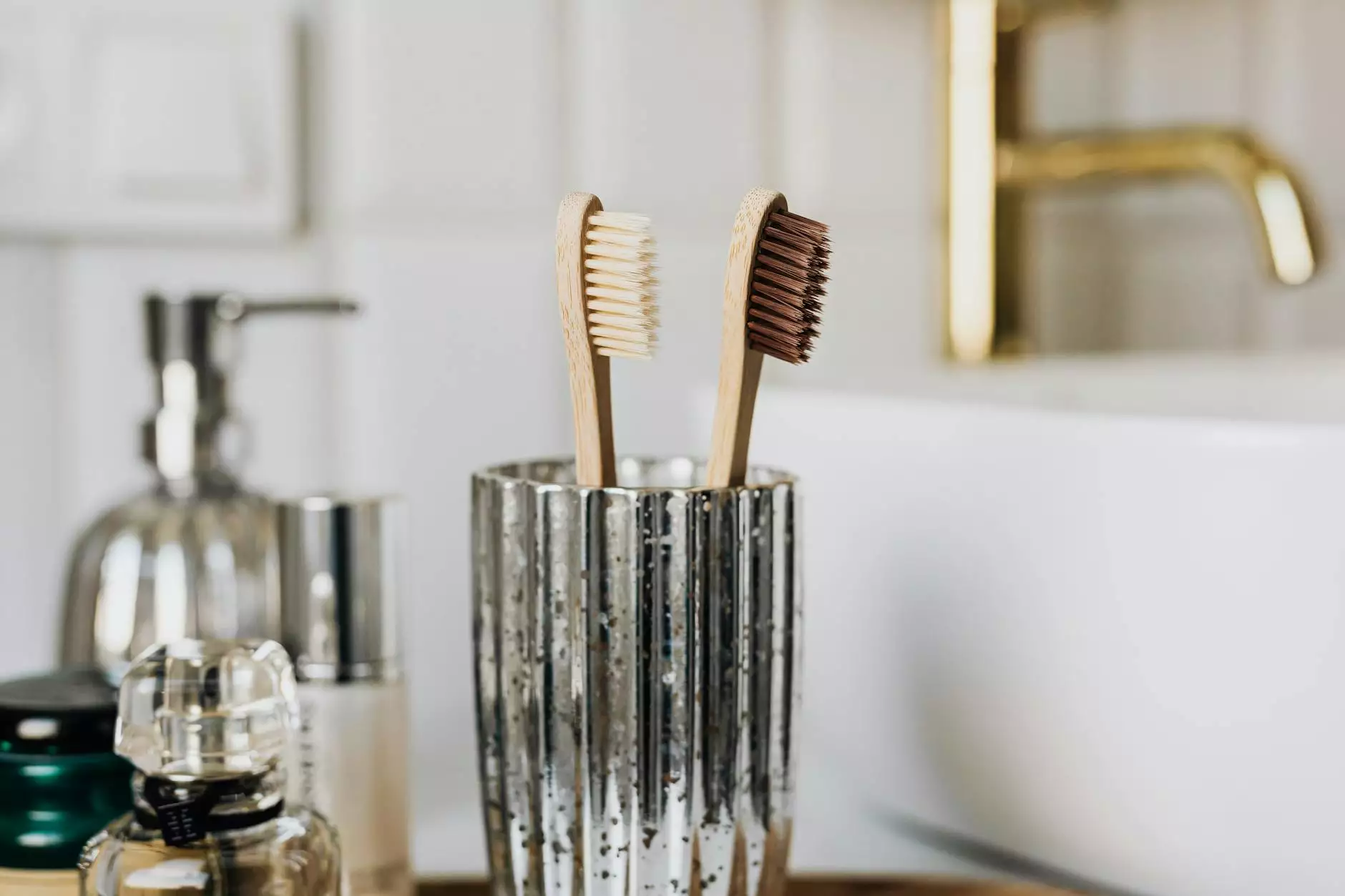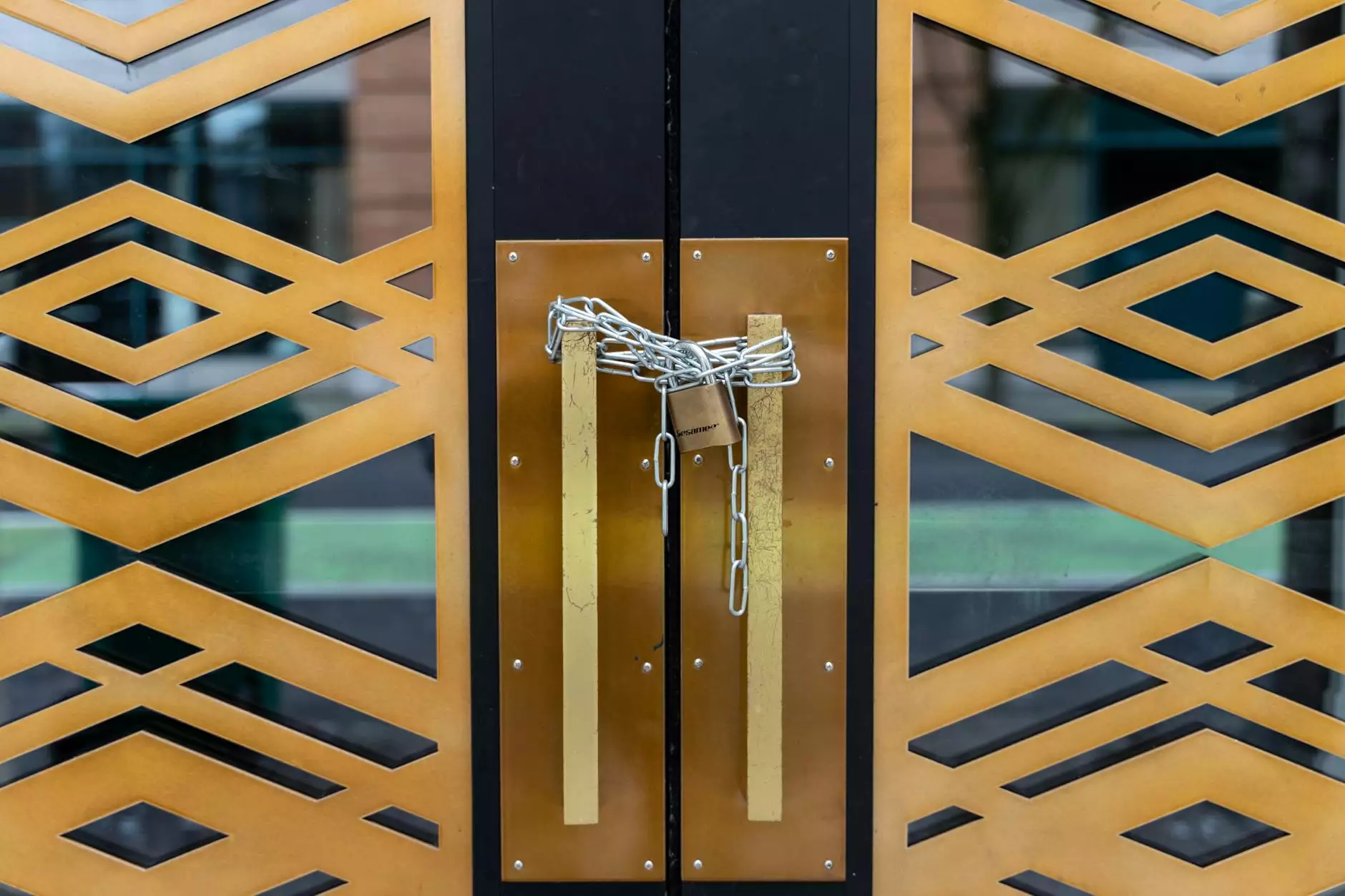Understanding Dental Bite Guards: Your Comprehensive Guide

Dental Bite Guards are essential dental devices designed to protect your teeth and jaw from various issues, including grinding, clenching, and injuries. With the increasing prevalence of teeth grinding—also known as bruxism—understanding these protective devices is crucial for maintaining oral health. In this extensive guide, we will explore everything you need to know about dental bite guards, from their types and benefits to how they are custom-fitted for your unique dental structure.
What Are Dental Bite Guards?
A dental bite guard, often referred to as a night guard or occlusal splint, is a removable dental appliance that provides a protective barrier between your upper and lower teeth. These devices are commonly worn during sleep, significantly reducing the impact of grinding and clenching. Dental bite guards not only *shield your teeth* but also offer relief from jaw discomfort and prevent potential long-term dental damage.
Types of Dental Bite Guards
There are several types of dental bite guards available, each tailored to address specific dental concerns:
- Soft Bite Guards: Made from a softer material, these are designed for mild cases of grinding and are particularly comfortable for the wearer.
- Hard Bite Guards: These are more durable and suited for severe cases of bruxism, providing stronger protection against the forces exerted while grinding.
- Dual Laminate Guards: Combining soft and hard materials, dual laminate guards provide comfort and resilience, making them ideal for moderate to severe clenching and grinding.
- Custom-Made Guards: These are crafted specifically for your mouth by a dental professional, ensuring a perfect fit and optimal protection.
The Importance of Wearing Dental Bite Guards
Wearing dental bite guards can be instrumental in safeguarding your dental health. Here are several compelling reasons to consider incorporating a bite guard into your nightly routine:
1. Protection of Tooth Enamel
Your teeth are coated in enamel, the hardest substance in the body, but it can still wear down due to grinding. By wearing a bite guard, you prevent *enamel erosion*, ensuring your teeth remain intact and healthy.
2. Relief from Tension and Pain
Bruxism often leads to muscle tension in the jaw, resulting in discomfort. Dental bite guards help alleviate this tension, reducing jaw pain and making it easier to function throughout the day.
3. Prevention of Tooth Damage
Over time, unchecked grinding can lead to significant tooth damage, including fractures and structural issues. A bite guard acts as a buffer, protecting your teeth from excessive wear and tear.
4. Improved Sleep Quality
For many, bruxism can disturb sleep. The use of dental bite guards can lessen grinding and clenching, leading to a more restful night and improved overall health.
How to Obtain a Dental Bite Guard
If you're considering a dental bite guard, the process generally involves several steps:
1. Consultation with Your Dentist
Your journey begins with a visit to your dentist, who will assess your condition and determine whether a bite guard is appropriate for you. Discussing your symptoms is crucial in making this decision.
2. Custom Fitting
Should you decide to proceed with a bite guard, a custom fitting will be necessary. This process typically involves taking impressions of your teeth to create an appliance that fits your mouth perfectly.
3. Adjustment Period
Wearing a bite guard may feel unusual at first. It’s important to allow time for your mouth to adjust to the device. Most individuals acclimate within a few nights.
Maintaining Your Dental Bite Guard
Like any dental appliance, proper maintenance is key to ensuring your dental bite guard remains effective and hygienic. Here are some maintenance tips:
- Clean Regularly: Rinse your bite guard with warm water before and after each use. Use a soft toothbrush and mild soap for deeper cleaning.
- Avoid Heat: Do not expose your bite guard to heat, as this can alter its shape and effectiveness.
- Store Properly: When not in use, store your bite guard in a protective case to prevent damage.
Cost of Dental Bite Guards
The cost of dental bite guards can vary widely based on factors such as the type (soft, hard, or custom), the materials used, and the location of the dental practice. On average, you may expect the following:
- Soft Bite Guards: $$
- Hard Bite Guards: $$$
- Custom Bite Guards: $$$$
Check with your dental insurance provider to see if any portion of the cost may be covered.
Conclusion
Dental bite guards are invaluable tools for those dealing with bruxism or jaw strain. They can prevent serious dental issues while promoting better sleep and overall health. If you suspect you might benefit from a bite guard, consult with your dentist at Medental SF today. Remember, investing in your dental health is investing in your quality of life!
FAQs about Dental Bite Guards
1. How long can I expect my dental bite guard to last?
The lifespan of a dental bite guard varies based on usage and care. Generally, with proper maintenance, a custom guard can last several years, while over-the-counter options may last less time.
2. Can I wear a dental bite guard if I have braces?
Yes! Many dentists can create a custom dental bite guard that accommodates braces. Speak with your dentist about the best solution for your specific situation.
3. Are there any side effects associated with dental bite guards?
While most people tolerate dental bite guards well, some may experience temporary discomfort or changes in their bite. If discomfort persists, consult your dentist for adjustments.
4. Can a dental bite guard help with snoring?
While dental bite guards are primarily designed to prevent teeth grinding, some types can help reposition the jaw to reduce snoring. Consult your dentist for personalized advice.
5. Are there any alternatives to dental bite guards?
Alternatives may include stress management techniques, physical therapy, and dental treatments like orthodontics. It’s essential to discuss all options with your dentist to find the best solution for your needs.



